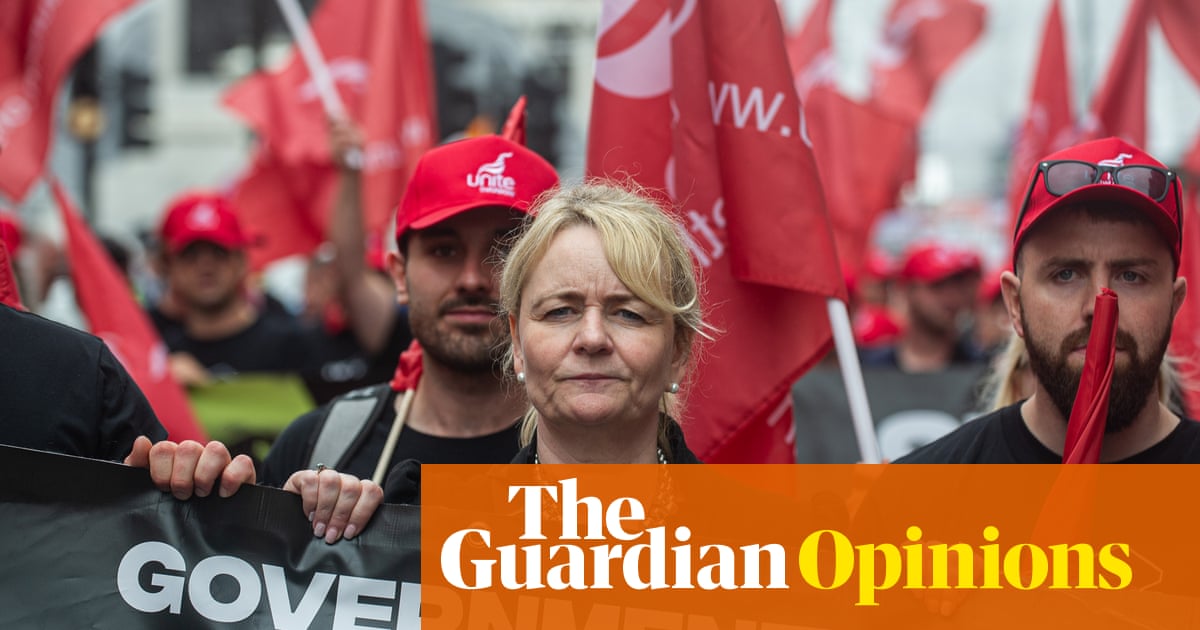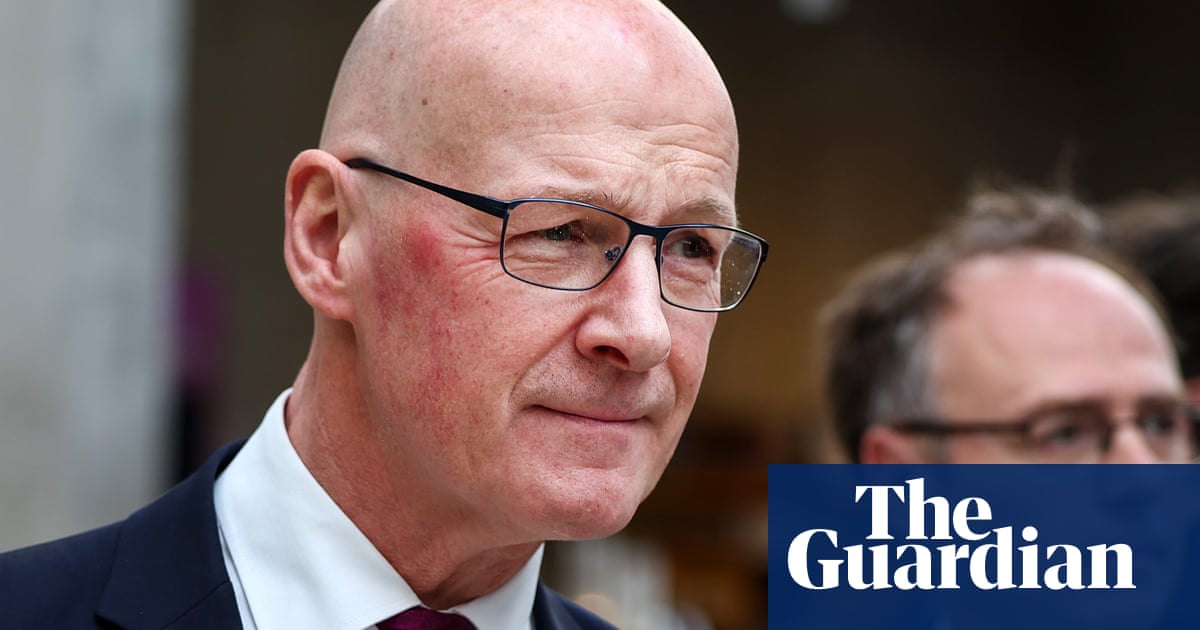
This summer alone has seen scorching heat domes smother parts of the US and Canada with record temperatures, and blistering heatwaves sweep across Pakistan. Torrential rain has caused devastating floods in China, as well as India, Germany, Belgium and Austria. And while fires are raging in Siberia, Madagascar is experiencing the world’s first famine caused solely by the climate crisis. Even here in the UK, the first extreme heat warnings were issued earlier this week.
New extreme-weather events linked to the climate crisis have become rolling news. Their destruction and death tolls are a daily reminder that the UK-hosted Cop26 this autumn isn’t just the most important climate conference ever held, but the most important international summit of all time.
With the world’s scientific community warning us that we have just eight years to implement the necessary measures to avoid the most catastrophic impacts of irreversible, runaway climate breakdown, failed talks are not an option.
There are just 100 days until the summit begins in Glasgow, but there’s a lot to do and a long way to go if the UK is going to make it a success. Every country must bring forward targets and tangible policies for the next decade that will cut global emissions enough to keep alive the goal of the Paris agreement – limiting global temperature rises to 1.5 degrees.
This requires careful diplomacy, inspired leadership and an example set for others to follow. So much of the summit’s success hinges on the credibility of the UK’s presidency when the negotiations get tough – credibility that depends on action, not words.
The British government claims to be a world leader on climate action. Yes, it has some of the toughest climate targets but targets alone won’t cut emissions. Even Boris Johnson’s own climate advisers warned just last month that it is failing to match rhetoric with action.
Looking at the key areas in which global action must be delivered at Cop26 through the lens of domestic action from the British government, it’s actually quite worrying to think that we’re in charge.
Take fossil fuels. In May, the International Energy Agency (IEA) – the world’s foremost energy thinktank – made clear that there must be no new oil, gas or coal projects approved anywhere beyond 2021 if the world is to stay on track for meeting 1.5 degrees. There can be no success at Cop26 unless this is tackled head on, with a commitment from leaders across the world to phase out fossil fuels altogether. But how is Johnson or the president for Cop26, Alok Sharma, going to make such demands if this government fails to rule out a new oilfield in the North Sea that intends to extract 150m barrels of oil? Even Joe Biden’s climate envoy, John Kerry, has warned against the plan.
It’s a similar story when it comes to international climate finance. For more than a decade, rich nations – those responsible for the vast majority of emissions causing the climate crisis – have failed to deliver the promised $100bn a year to support countries in the global south in cutting emissions and adapting to the intensifying impacts of the crisis. Yet this broken promise is out of date. The global climate summit must deliver a significant increase on that $100bn to address the social, cultural and economic losses and damage caused by escalating climate impacts.
But, as the nation leading these talks, the British government has yet again set a terrible precedent by failing to provide genuinely new funds for international climate finance, at the same time as slashing the UK’s aid budget. This threatens millions of lives and livelihoods around the world and fundamentally sours relations with developing nations, which did so little to cause our climate crisis.
The hypocrisy is rife but it doesn’t stop there. There’s also the small matter of ensuring all nations bring forward targets, policies and robust plans that actually deliver necessary emissions cuts from every country by strict deadlines that will stop temperatures spiralling out of control.
These plans must come with firm rules to ensure that governments don’t simply rely on carbon offsetting as a means to reduce emissions, where one (usually rich) company or country buys “credits” from projects in (usually poor) countries elsewhere. Offsets have a track record of being ineffective and giving licence to polluters to continue with business as usual. But in any case, shifting responsibility simply won’t work – global emissions must be brought to zero by 2050.
The British government, though, has ambitions to make London the global hub for the trade of voluntary carbon offsets. In other words, Rishi Sunak wants the UK to become the centre of greenwashing, cashing in on attempts to dodge required emissions cuts. Again, we’re setting an appalling example for others to follow.
Cop26 is our last best chance of tackling the worst effects of the climate crisis. As host, the UK is pivotal to its success. With just 100 days to go, we need to see some bold announcements from the government demonstrating that it’s willing to get its own house in order and inspire others to step up.
This starts by committing to end all new fossil fuel projects immediately and supporting workers to transition. Rolling out a nationwide energy efficiency programme with plans and money to decarbonise home heating must swiftly follow.
It must U-turn on plans to scrap the aid budget and announce ringfenced cash for countries in the global south to tackle and adapt to climate change. And it must quash plans to turn London into an offsetting hub – instead making it mandatory for all financial institutions and large companies to prioritise cutting their emissions at source over the next decade.
Only through practising what it preaches will the British government really be able to walk the walk in Glasgow. Failure to do so leaves our “world leading” targets for cutting emissions sounding blatantly hollow and risks jeopardising the talks altogether.
Kate Blagojevic is Greenpeace UK’s head of climate












